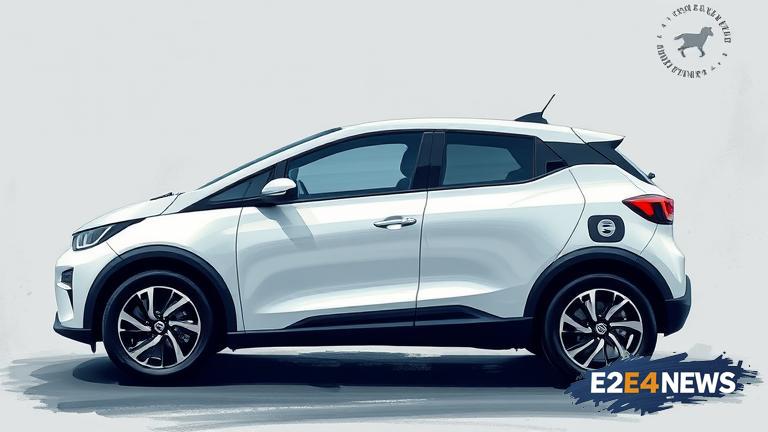The Indian government has announced a comprehensive plan to promote the adoption of electric vehicles (EVs) in the country. The plan includes a range of incentives and initiatives to encourage the use of EVs, including tax breaks, subsidies, and investments in charging infrastructure. The government aims to have at least 30% of new vehicle sales be electric by 2030. To achieve this goal, the government will provide subsidies to manufacturers of EVs, as well as to buyers of electric cars and two-wheelers. Additionally, the government will invest in the development of charging infrastructure, including the installation of charging stations along highways and in cities. The plan also includes measures to promote the use of EVs in public transportation, such as buses and taxis. The government will provide incentives to state governments to adopt EVs for public transportation. The plan is expected to have a significant impact on the environment, as EVs produce zero tailpipe emissions and can help reduce air pollution in urban areas. The government also expects the plan to create new job opportunities in the EV manufacturing sector. The plan is part of the government’s broader strategy to reduce the country’s dependence on fossil fuels and promote sustainable development. The government has set a target of reducing greenhouse gas emissions by 33-35% by 2030, and the promotion of EVs is seen as a key part of this effort. The plan has been welcomed by the automotive industry, which sees significant opportunities for growth in the EV sector. Several major automakers have already announced plans to launch new EV models in India, and the government’s incentives are expected to encourage more companies to enter the market. The plan is also expected to benefit consumers, who will have access to a wider range of EV models and will be able to take advantage of the government’s subsidies and incentives. However, some experts have raised concerns about the plan’s feasibility, citing the need for significant investments in charging infrastructure and the potential for supply chain disruptions. Despite these challenges, the government is confident that the plan will be successful and will help to establish India as a leader in the global EV market. The plan is seen as a major step forward for the country’s automotive industry, which has been growing rapidly in recent years. The government’s focus on sustainability and environmental protection is also expected to have a positive impact on the country’s reputation as a responsible and forward-thinking nation. The plan is part of a broader effort by the government to promote sustainable development and reduce the country’s environmental footprint. The government has also announced plans to increase the use of renewable energy and to promote energy efficiency in buildings and industry. Overall, the plan to promote EVs is seen as a key part of the government’s strategy to create a more sustainable and environmentally-friendly transportation system. The plan is expected to have a significant impact on the country’s economy and environment, and is seen as a major step forward for the country’s automotive industry.
